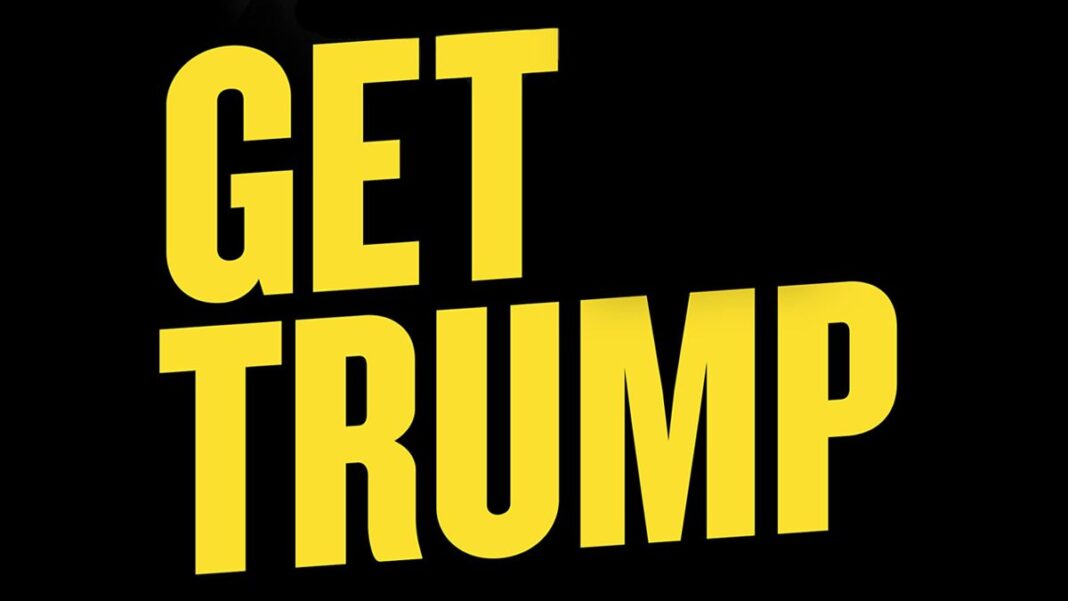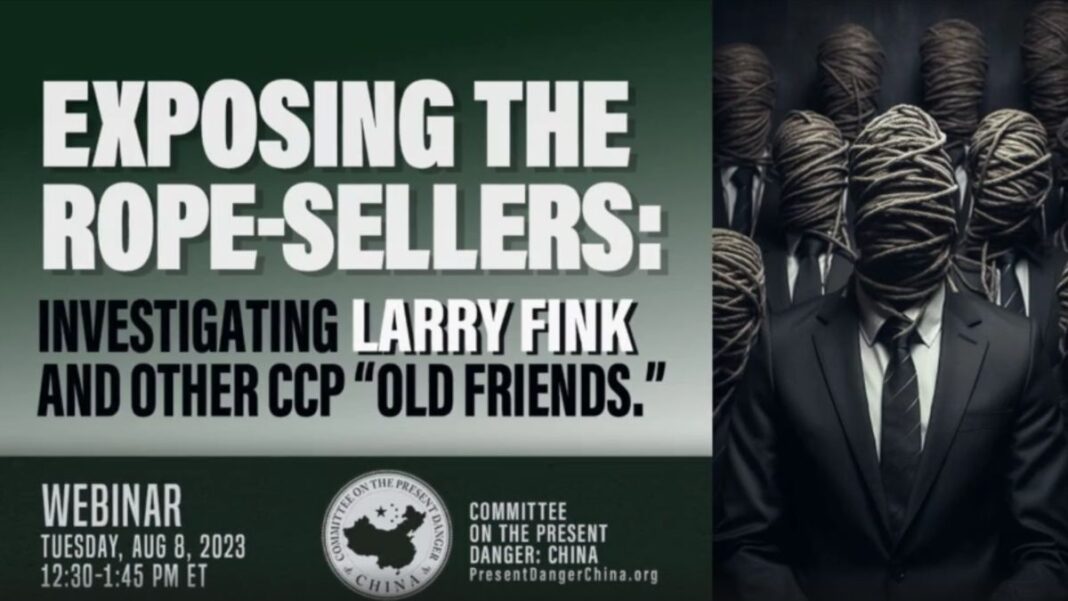U.S. District Judge Tanya Chutkan appears to have hinted at her attitude toward the defense of former President Donald Trump in the case involving Mr. Trump’s efforts to reverse the outcome of the 2020 election.
On Aug. 5, the judge denied Mr. Trump’s team more time to respond to a gag order that the prosecutors have asked for. Some commentators have interpreted the order as Judge Chutkan’s signaling that she won’t put up with delay tactics on Mr. Trump’s part.
As Mr. Trump is the leading contender for the Republican presidential nomination, the timing of the case has important implications. Securing a conviction before the election may hurt his chances. Some have raised alarm over the order because it could mean that the judge is letting political considerations affect her judgment.
The rule in D.C. courts is that the defendant gets 14 days to respond to motions, according to defense attorney and former federal prosecutor William Shipley. The judge can shorten the deadline, but Mr. Shipley questioned why this judge insisted on giving Mr. Trump only three days.
“This is already creating a record of bias,” he wrote on X, formerly known as Twitter. “There is no reason for the judge to set aside the local rule on the timeline to respond to motions.”
Mr. Shipley has been representing dozens of people charged in relation to the Jan. 6, 2021, Capitol breach—an incident tied to the case against Mr. Trump.
The case was brought on Aug. 1 by special counsel Jack Smith, laying out four charges: conspiracy to “impair, obstruct, and defeat” the collection and counting of electoral votes; conspiracy against Americans’ right to vote; obstruction of the electoral vote counting by Congress; and conspiracy to obstruct the electoral vote counting (pdf).
The allegations rest on the assumption that Mr. Trump didn’t genuinely believe that victory in the election was unlawfully taken from him and that his attempts to reverse the results were thus fraudulent and corrupt.







